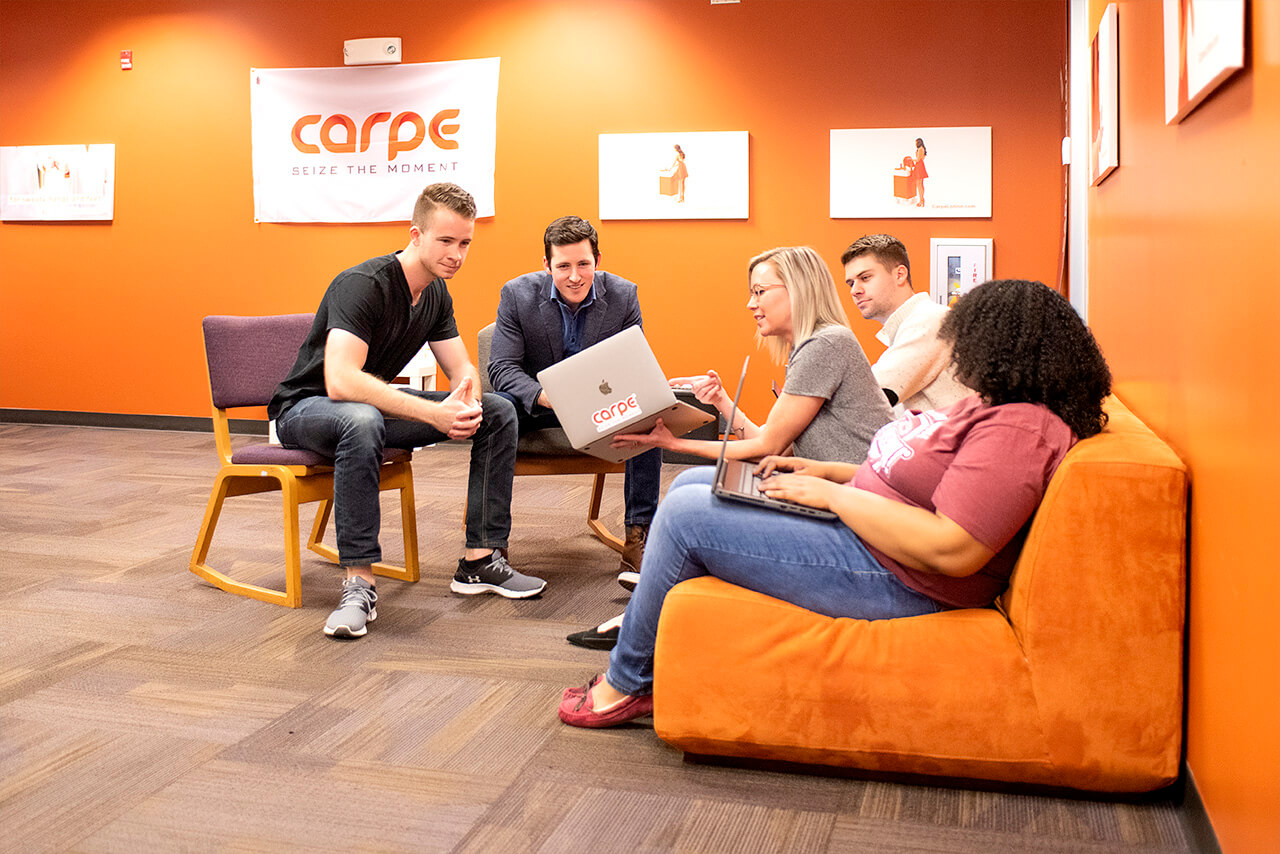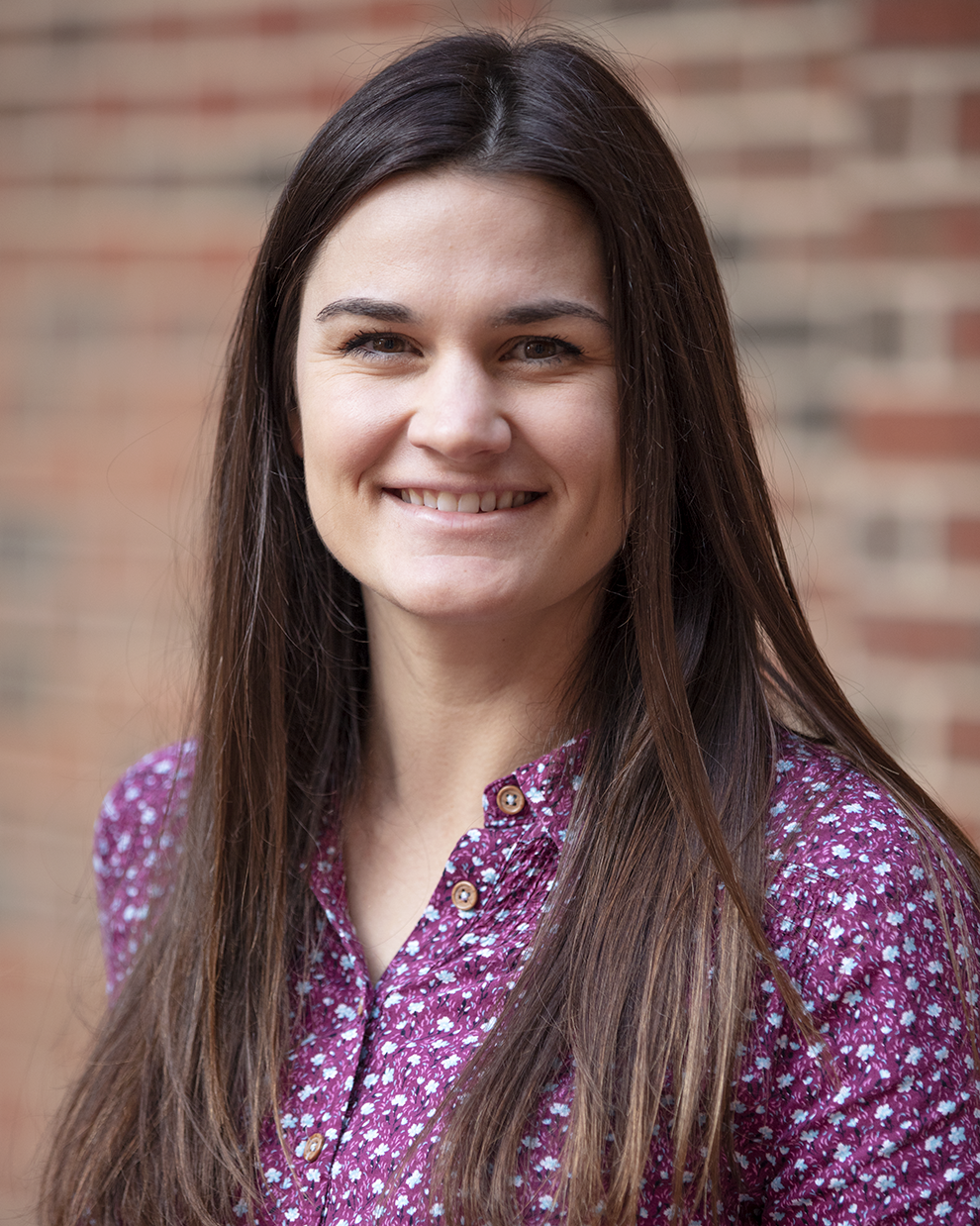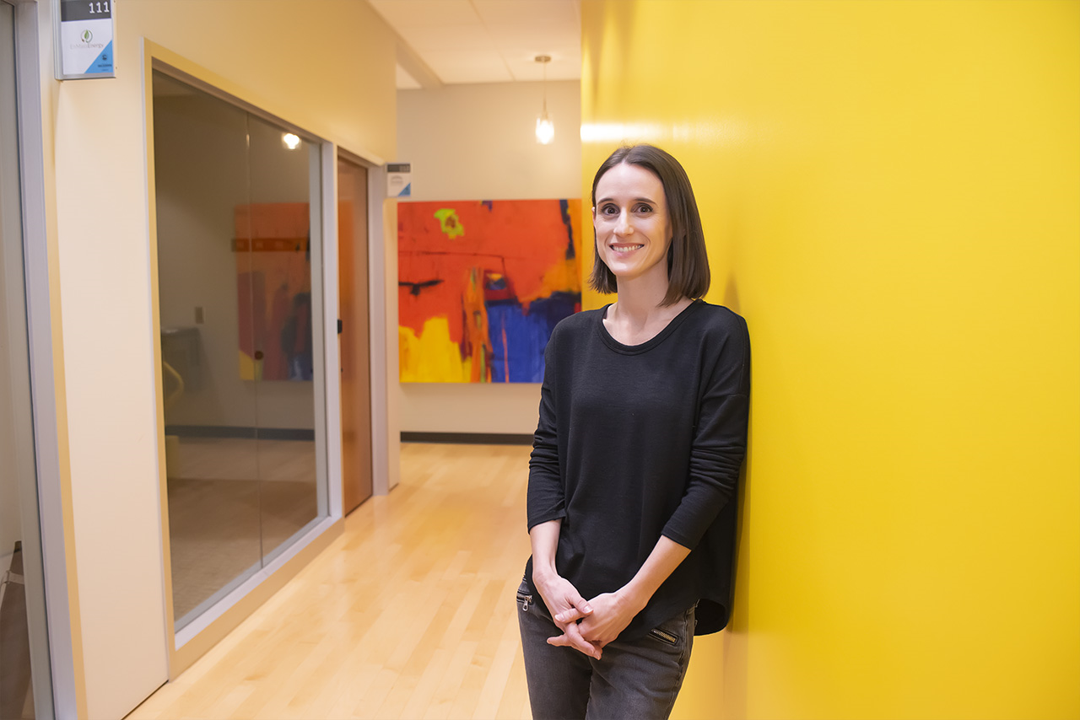CHAPEL HILL – With five years down and countless investments to go, the Carolina Angel Network (CAN) continues to help early-stage startups grow and flourish by providing advice, networks and capital that startups need to be well positioned for success. Housed at the University of North Carolina at Chapel Hill, CAN is an angel investing platform that connects UNC-affiliated entrepreneurs and startups to its member investor network. In CAN’s brief five-year history, it has supported more than 20 startups, with members investing more than $20 million and generating more than $108 million in revenue for these ventures.
CAN launched in early 2017 with great energy and support from University leaders, including former Chancellor Carol Folt and former Vice Chancellor Judith Cone. They envisioned the investor network as core part of Innovate Carolina, UNC-Chapel Hill’s initiative and hub for innovation and entrepreneurship. Since that time, CAN has quickly grown into one of the largest angel networks in the United States.
- $108M+ revenue generated for startups
- $20M+ member investments in over 20 startups
- 35 total company investments
“We invest close to a million dollars per deal, which puts us in the top five in the country in terms of investment amount when it comes to angel networks,” says Randy Myer, managing director of CAN. “We want to help grow early-stage companies to a point where they can launch themselves into sizable businesses and look for exit opportunities.”
The network boasts an active membership, with 200 investor members, plus over a hundred more UNC-Chapel Hill alumni involved nationwide – from California to Boston, Chicago to Atlanta and everywhere in between. CAN makes it easy for members to participate by curating and providing visibility into the best UNC-connected startup deals anywhere in the United States.
Members of the network are accredited investors and have an affiliation with the University. “Our members come from a variety of backgrounds and connections, and they’re willing to help by giving advice through coaching, guidance and introductions to these startups,” says Chelsea Eshraghi, managing director of CAN. “It’s really all about the network opening doors for the startups.”
Investing, mentoring and educating
Not just an investing platform, CAN also provides essential mentorship as well as opportunities for experiential learning through its mentorship and internship programs. Members of CAN, many of them entrepreneurs themselves, are actively engaged and want to help mentor and offer guidance to Carolina startups.
“The Carolina Angel Network provides a rare opportunity to bring University-affiliated innovators, entrepreneurs and investors together to focus on a common goal of monetizing great ideas and products,” says Matt Springer, founder and principal at Madrock Advisors. “As an investor in the Carolina Angel Network, I have the double benefit of accessing outstanding due diligence on deals prepared by the CAN staff and being able to network and discuss opportunities with other investors and entrepreneurs in the market. In addition to being able to invest in excellent deals at manageable price points, I also appreciate the opportunity to mentor startup companies and help them address problems in real time as they develop their companies.”
One startup company that CAN supports is Gemelli Biotech, a company on a mission to support the discovery of novel diagnostics and therapeutics for the human microbiome. The firm brings biotechnology innovations to market in a fiscally responsible and socially conscious way.
“Shortly after founding a health care startup, Gemelli Biotech, I was introduced to the Carolina Angel Network by the Council of Entrepreneurial Development,” says Matt Mitcho, Gemelli Biotech’s founder and CEO. “I immediately forged a close relationship with Randy Myer and Chelsea Eshraghi, who became powerful advocates for Gemelli.”

Myer’s and Eshraghi’s advocacy resulted in more than a financial investment for Gemelli. They also helped the company connect with the University’s wider entrepreneurial network, which provided value beyond the dollars.
“To support our growth, CAN invested early in our convertible note and also followed on in our Series A raise,” said Mitcho. “Additionally, they connected us to UNC students and professors focused on entrepreneurship, which valuably expanded our intellectual network. At Gemelli, we’re grateful for the continued benefits our relationship with CAN has to offer, and we’re inspired by the impact CAN has on UNC’s startup community as a whole.”
The CAN Mentorship Program allows members to engage with potential companies that may enter the pipeline of deals coming into the network. Through the program, members can review potential deals, while also giving back to the CAN community by offering expert coaching and advice to other entrepreneurs who are just getting started. The program also allows CAN to consistently connect with the local innovation and entrepreneurial ecosystem.

“It’s rewarding to watch the connections that have been made among members or from member to company,” says Eshraghi. “It’s been really amazing to see these members connect with early-stage startups and provide their advice with literally no expectation of anything in return. And it’s been helpful for the startup ecosystem in the area.”
CAN infuses experiential learning for graduate and undergraduate students through its year-long internship program. The intern program gives students hands-on experiences working with CAN while they take Myer’s Kenan-Flagler Business School venture capital angel internship course, which teaches them about the due diligence process. Interns are then paired with either a venture capital fund or angel network – opportunities allow them to put their new skills to work by performing due diligence on companies.
“It’s been really fun to watch the interns go from being hesitant and thinking there’s a cookie cutter approach to realizing it’s more of an art than a science,” says Eshraghi. “It’s great to see them get excited about digging into a company and thinking of different ways to look at the business and analyze the merits and risks of the startup.”
A series of company successes
Because of CAN’s expansive and actively engaged network, success stories are plentiful. Bivaris, a company that developed a survey-based cloud analytics platform to gain insight into patient experiences, was supported by CAN in its early days. The company developed a mobile app that could be tied into a hospital system, allowing for follow-up communication to take place with patients to improve their hospital experiences. In 2018, Bivarus was acquired by Press Ganey. As a result, CAN members who invested in Bivarus made a 140 percent return on their investments.
Another success story is Carpe. On a mission to eliminate embarrassing, excessive sweat, Carpe received support from CAN that helped grow the company.
“The most important thing in starting and building any company is the people – both internal and external. Kasper (co-founder) and I, and the entire Carpe team, have gotten extremely lucky with both,” says David Spratte, Carpe co-founder. “In CAN, we found a supportive, dedicated and valuable partner that has helped Kasper and I grow as leaders, and that has helped the business grow in size and impact. Working with CAN, DAN (Duke Angel Network), and the other partners involved in the business has been one of the best strategic decisions that we have made.”
CAN COMPANY SNAPSHOTS
In its first five years, CAN has invested in more than 20 companies, each with interesting stories and impact-driven products, services and technologies. Explore snapshots of a few companies that have received investments and whose founders are making a positive economic and social difference.
Another company that benefited from CAN support is Vital Plan, a company that aims to educate, inspire and empower its customers to use natural remedies to find their personal paths to wellness.
“I discovered my love for innovation and entrepreneurship when I was a junior at UNC and enrolled in the ‘e-minor’ (now the Shuford Program for Entrepreneurship),” says Braden Rawls, who co-founded Vital Plan with her father, Dr. Bill Rawls, a conventionally-trained physician who discovered the value of herbal therapy during his recovery from chronic Lyme disease. “Fast forward 15 years, the Carolina Angel Network has been an incredible resource to deepen my connection to the University and UNC community. The energy and expertise of the CAN network is quite unique and is always there for support when I need it. Through involvement with CAN, my company, Vital Plan, has benefited from connections to investors, advisors, customers, community and team members who have been foundational to growing our brand and business.”
Future focused on growing connections, diversity
The CAN team also credits the network’s success to being part of the Triangle Venture Alliance (TVA), a network of alumni angel groups created to fund startups founded by alumni, students, staff, faculty and families. Along with UNC-Chapel Hill, the TVA is a partnership between Duke University, NC State University and North Carolina Central University.
“The synergy and connectedness of bringing those three universities together is a real plus for the community and a real plus for the relationships between the three universities,” adds Myer.
Although Myer recently retired, he remains an active voice for CAN as well as joining their board and becoming its newest member. Both he and Eshraghi continue to have high expectations for the network, looking ahead to all the possibilities where CAN will make a positive impact for UNC startups.
“I see us growing in membership and expanding beyond the Triangle as well,” says Eshraghi. “I’d also love to see more diversity in our startup founders, and I think that’s something we’re focusing on going forward. We want to make sure we’re representing everyone within our portfolio.”
“I’d love to see more connection between technologies being developed within the University and our ability to help fund them,” says Myer. “We have a relationship with Carolina Research Ventures and with KickStart Venture Services, and I think building new connections just makes the University stronger and gives us the ability to go from an idea in a maker lab to something that gets $10 million in funding.”
For more information about CAN, visit carolinaangelnetwork.com.
(C) UNC-CH































